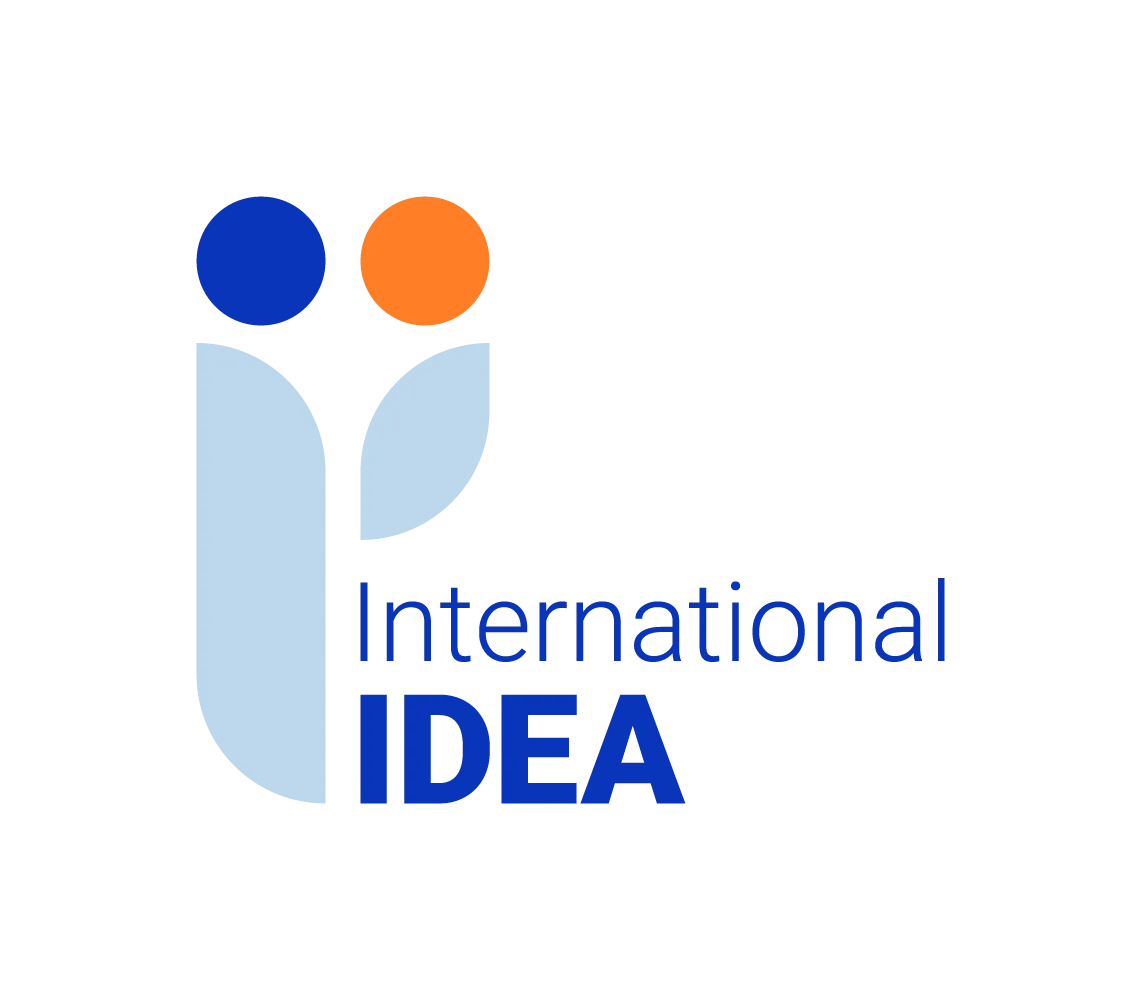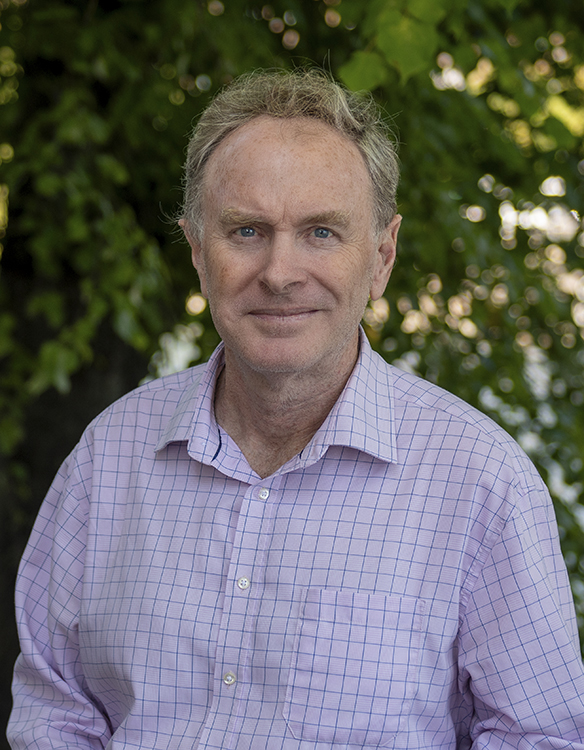Women’s representation in African parliaments edges up, rises in executive positions but declines in local government

JOHANNESBURG - Women’s representation in the African Parliament has increased by one percentage point, from 25% in 2021 to 26% in 2024, as revealed in the Topline findings of The Women in Political Participation Barometer (WPP).
During the same period, it was also found that while women’s representation in top executive positions in government has increased, their presence in local government across Africa has declined. In East Africa, women's representation in local government declined by 11%, alongside a 16% increase in women holding top executive positions. The acknowledgment remains that progress in advancing meaningful political participation for women in Africa is still slow.
The WPP Barometer is a resource tool that demonstrates the status of women's political participation in Africa. It aims to provide evidence, particularly to legislators and policymakers, to advocate for and strengthen women's political participation and leadership.
On 10 July 2024, the International Institute for Democracy and Electoral Assistance (International IDEA), through the Women in Political Participation Project, in collaboration with Gender Links, will mark a milestone by launching the second edition of the WPP Barometer.
The presentation of the WPP Barometer Topline findings follows the publication of the 1st Edition of the WPP Barometer in 2021, providing insights into the status of women's political participation in Africa. This event underscores the achievements of the Women in Political Participation Consortium, which was launched in 2019 with support from the Embassy of Sweden in Addis Ababa, Ethiopia. Through this initiative, the consortium is advancing the project titled "Enhancing the Participation of Women in Political Participation in Africa".
Central to the project's mission is the promotion of women's political participation and representation across Africa. Drawing inspiration from the Maputo Protocol of 2003, sub-regional protocols, and the Sustainable Development Goals (SDGs), the project aims to amplify the voices of women in political spheres.
To achieve its objectives, International IDEA and its partners engages with a diverse range of stakeholders, including political parties, media organisations, election management bodies, parliaments, and governmental ministries focused on gender and women's issues. By collaborating with policymakers and regional bodies such as the African Union and regional economic communities, the project aims to effect meaningful change throughout the continent. Currently operational in eight African countries—Botswana, Democratic Republic of Congo, Eswatini, Cote d’Ivoire, Kenya, Senegal, Tanzania, and Zimbabwe—the Women in Political Participation (WPP) project is making significant strides towards its goals.
Read the more and download the WPP Barometer here.




